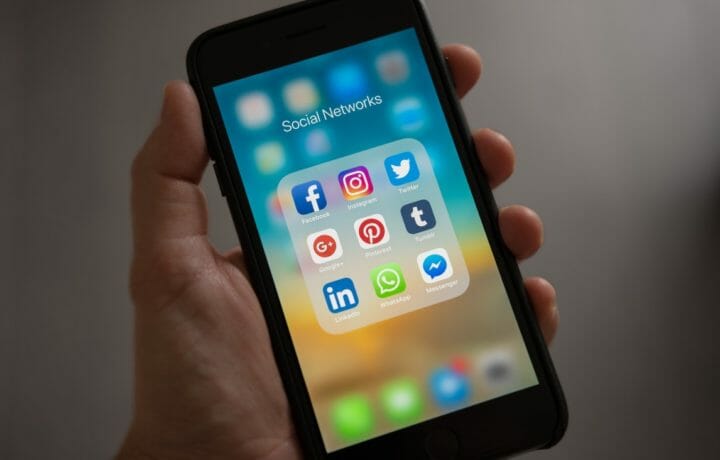You may have seen the meme with the four different photos showing how we represent ourselves differently on each social media platform. It is funny because it is true. Sometimes, it seems like people missed the message that different platforms require different levels of engagement and content.
I was an early participant on social media with a Top-Secret clearance. Then, I had a massive career change, and I began to concentrate daily about what to share where because consultants are always being screened by possible employers. There are more social media platforms not mentioned that you should also consider whether to join and how to best use it. Don’t start with TikTok.
Professional Platforms
Navigating professional platforms can be confusing, but don’t forget the purpose of each of the sites. These platforms are designed to help connect job-seekers with employers. Keep that in mind when you post. This is the place to share tips on leadership, job hunting tips, interview techniques, hot vacancy announcements, new research in your field, etc. This is not the place to post partisan political memes; political attacks on elected officials; or give your negative views on hot topics. And don’t forget that if you have a clearance, you want a platform that allows recruiters to safely search for your resume. No need to tell China or Russia that you work in the IC.
You might say that Facebook is the king of social media (for those over 30) and also the jester of social media content. Things get silly quickly on Facebook, and they also get heated enough to dissolve friendships and rip apart family gatherings. I suggest not having a wide-open Facebook account. Limit it to your friends. You don’t have to be friends with everyone you work with or have ever met at the grocery store. If you don’t want to spend your days refereeing the comments on your posts, keep them tame. If you like a bit of controversy and like to start uncomfortable conversations, Facebook is a great place for it. But, if you have a JOB and want to keep it, you must know what your employer allows you to say in public. What you publish on Facebook is going to be public very quickly if you say something that goes against your local communities’ standards. Keep a tight friend list unless you are trying to be a social media influencer. Don’t post anything you can’t live with on page one of the local newspapers.
The space port at Mos Eisley (that is a Star Wars refence, GenZ) has nothing on the crazy and filthy words and images you will see uttered on Twitter. I watch lots of professionals make mistakes here, and it can have job repercussions. All twitter accounts are basically open to the world, although you can control who sees your tweets with enough effort. I use Twitter to monitor important work-related topics. It is chock full of paid and unpaid journalists around the world that can give you up to the second audio and video of breaking news. But it is all unedited content, so be careful what you share. Often, there is a lag before the real facts are verified. Also be careful with what you tweet. Unless politics are part of your paid job or your workplace doesn’t care about your wild statements, Twitter is not your political arena. It is a great place to simply monitor the news and not say anything at all. Some people use it for comedy, others for politics, some for propaganda, and others for family communications. Same with Facebook, be clear of employer expectations before you post.
This one is for photos…I would stick to that, and make sure they are tasteful. This isn’t a professional site, so you won’t likely be finding many jobs on Instagram. However, you can use it to share with your family or friends or raise awareness of non-profit works. Be sure you have a plan for what you post here. If your page is open to all viewers, then it is surely a stop for the HR team as they scan your social media before thinking about hiring you.
My Social Media Golden Rule: Think of Grandma
Believe me, I have been far from perfect in how I represent myself on social media, but if you follow my golden rule you can save yourself a lot of trouble…don’t post anything you don’t want your grandmother to read. Everyone who posts on the internet is a published writer in reality. Be careful what you say, where you say it, and how you say it. Always assume that what you write or share is permanent, because it pretty much is. There are lots of people who fail daily in their social media use, from teenagers to 4-star admirals and ambassadors. Take a few moments to think before you hit publish. You will often be glad you did.
A Word for The Social Media Avoiders
A final bit of advice for those who just stay away from social media completely and think they don’t have to worry about any of these issues. You have your own set of worries if you don’t open a social media account. First, someone will likely open one in your name illegally if you have a career worth ruining or an identity worth stealing. Second, you will have a hard time shutting down fake social media accounts in your name, so check often to ensure you are not out there. Finally, your young folks that are on social media might be looking for you to communicate with them on it; especially in in the post-Covid19 era. If you want your team to hear your vision, then you better communicate where they are listening. Your emails might just be the equivalent to talking to an empty auditorium.


